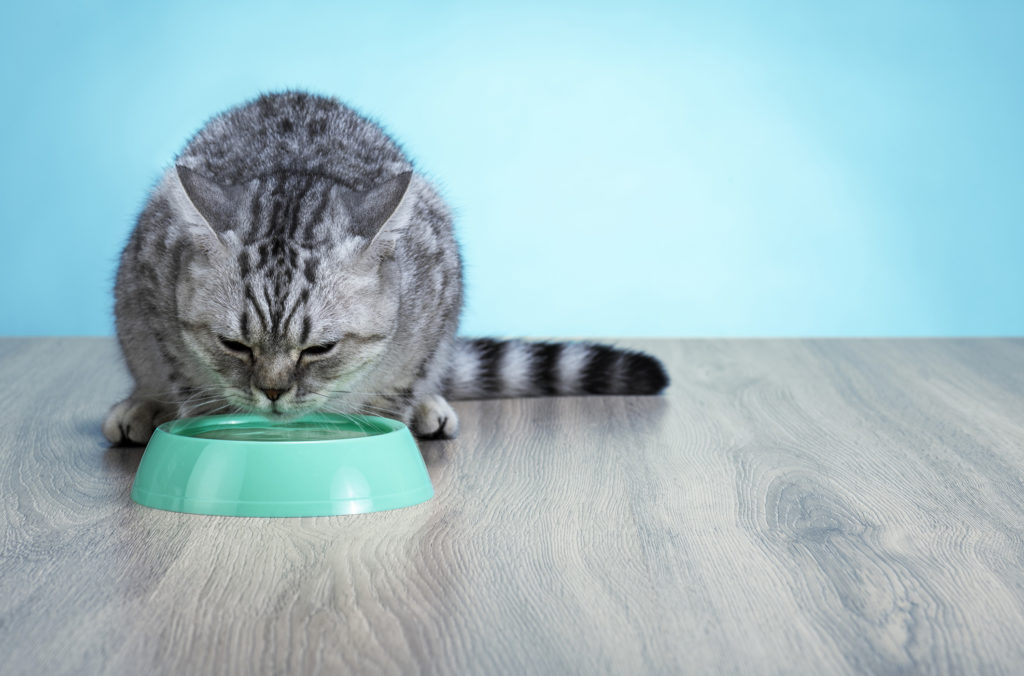It’s natural for your treasured cat to experience some changes in their behavior and habits, especially as they grow older. Aging cats tend to sleep and drink more while being less hungry and less active.
If you live in a warm climate or your house is kept at a fairly warm temperature, frequent trips to the water bowl may not be a cause for alarm in and of itself. The key is understanding what is normal for Fluffy. If your cat suddenly runs to the water bowl more often, this could be indicative of potentially serious health problems — especially in your feline’s golden years. Let’s discuss what to keep an eye out for.
What Is Excessive Thirst In Cats?
The clinical term for this is polydipsia. Excessive thirst can be life-threatening, especially if it goes unaddressed.
So, if your kitty has been running to and from the water bowl a lot more than they usually do — and this has been going on for a few days — it’s time to visit your vet.
Common Causes Of Excessive Thirst
When a cat drinks too much water, it could be caused by one of more of the following medical conditions:
Diabetes: Often, the first sign of diabetes mellitus is drinking a lot more water than usual. Diabetes means your cat has too much sugar in their blood. Fortunately, diet changes and insulin injections go a long way toward making Tigger feel better.
Kidney Disease: When the kidneys aren’t working properly, your cat may be dehydrated. This causes them to drink more and urinate more. Common causes of kidney problems in cats can be kidney stones, a kidney infection, or even kidney failure.
Pyometra: Older, unspayed female cats are especially susceptible to this condition. Pyometra is a life-threatening infection of the uterus. Surgery as well as intravenous nutrition and antibiotics are vital.
Other Causes Of Excessive Thirst
Many other conditions can cause your beloved cat to drink a lot more water than usual. The importance of swift medical attention cannot be stressed enough.
- Cancer
- Dehydration
- Diarrhea
- Fever
- Heatstroke
- Hyperthermia
- Liver disease
- Medications (e.g., steroids and diuretics)
- Parasites
- Urinary tract infection
- Vomiting
Additional Tips
Changes in bathroom habits, energy, appetite, and temperament may or may not accompany excessive thirst in older cats. If you notice other changes in your feline companion, definitely get to your vet as soon as possible. Many of the aforementioned problems are curable or manageable, but time is of the essence.

